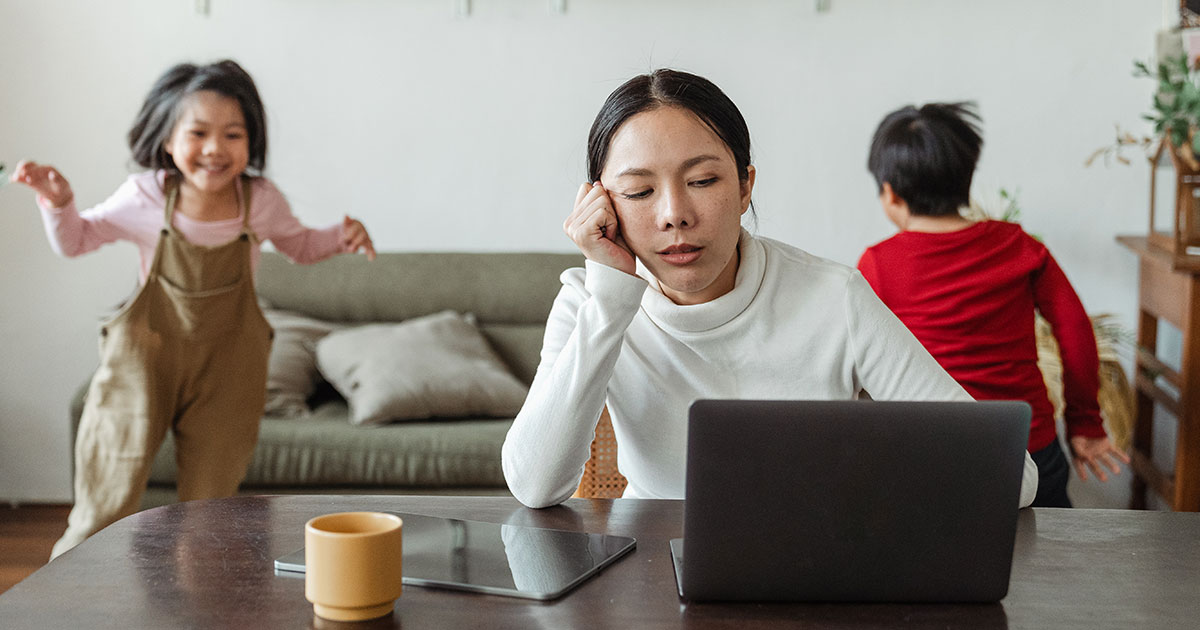
Over the last few months, I’ve heard a lot of similar statements from the clients I’ve seen . . .
“I’ve felt all over the place lately.”
“I’m overwhelmed.”
“I feel shut down.”
“I’m exhausted all the time.”
“All I want to do is crawl in bed and stay there until this is all over.”
“I can’t believe the world I’m living in.”
“I’ve been so reactive with the people I love.”
“It’s hard for me to think about the future.”
Did any of what you just read echo your own thoughts lately? If I had to guess, I’d say that at least some of it resonated on some level. I know it resonates for me. For the last several months, I’ve felt shifts in my energy, my mood, my attention span, and my tolerance. I’ve felt changes in my body and noticed alterations in my perception of things. For a lot of us, the collective experiences we’ve been going through have completely disrupted the predictability we tend to count on in our lives. It’s torn a hole through the fabric of our lives—one that we’re finding can’t be sewn back the way it once was. What we’re living through right now resembles little of what we’ve lived through before. We’re in unfamiliar territory. We’re standing on shaky ground. And the shockwaves of these disruptions are moving through us in many ways.
Under these unusual circumstances, it makes sense for us to feel pretty unusual ourselves. Our minds, our bodies, our emotional systems, and our relationships are all responding to the changes and attempting to adapt accordingly. This process of adaptation isn’t always smooth or straightforward—and it can take a heavy toll on us if we aren’t mindful about responding to it. That’s why it’s more important than ever that we work on attuning to our needs so we can care for ourselves as much as possible. Here are a few ways to do that:
- Keep a journal and regularly write what you’re feeling, what you’re experiencing, and what you need
- Set limits on your consumption of news and social media
- Spend time outdoors, and connect with nature as much as possible
- Be willing to disengage from conversations about what’s happening that cause you to feel anxious
- Try your level best to get 7-9 hours of restful sleep each night
- Move your body as much as you can (spontaneous dance parties are highly recommended)
- Keep essential oils on hand (lavender, cedarwood, and frankincense are particularly helpful for soothing and grounding). Rub a couple of drops into your palms, and breathe it in
- Start a meditation and/or breathwork practice
- Engage in self-massage, or ask your partner to massage you (then, of course, return the favor)
- Take intentional breaks from your phone and computer
- Keep lots of nutritive whole foods in your diet, and consider pre- and probiotics to keep your gut happy and healthy
- Make a teletherapy session to process what you’re experiencing and help you stay balanced
- Keep yourself hydrated
- Practice grounding exercises (such as tuning in to your 5 senses, 1 at a time)
- Connect with your community and contribute to others in whatever ways you can
- Commit to spending time on the things that make you feel most relaxed and joyful
- Stay aware of your mind’s attempts to predict what the future will look like (because the anxious brain tends to fill in the blanks with worst-case-scenario material)
- Lean on your faith traditions or spiritual practices to support you in trusting life
- Be gentle with the way you speak to yourself
- Be willing to loosen or let go of the standards you held yourself to 6 months ago
This list is by no means complete; there are countless ways to nurture yourself as you navigate these challenging times. But however you choose to respond to what’s happening, I hope that you’ll do it with a sense of self-acceptance, self-awareness, and self-compassion. This, too, shall pass; and until it does, we’ll be best served by being good to ourselves and others.





